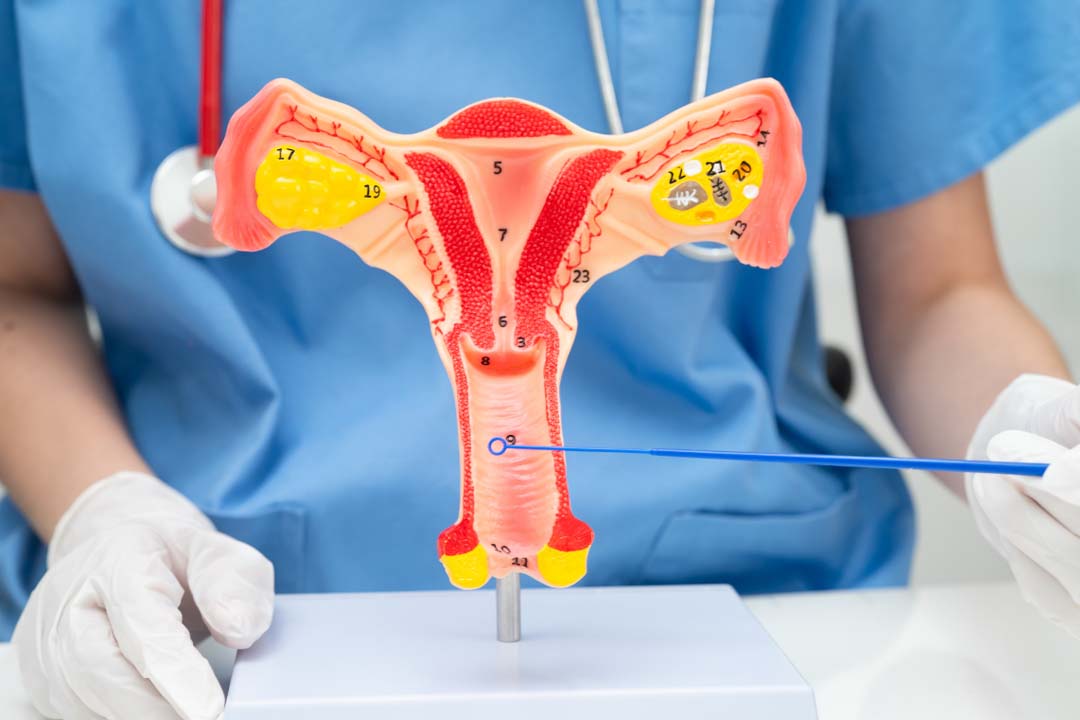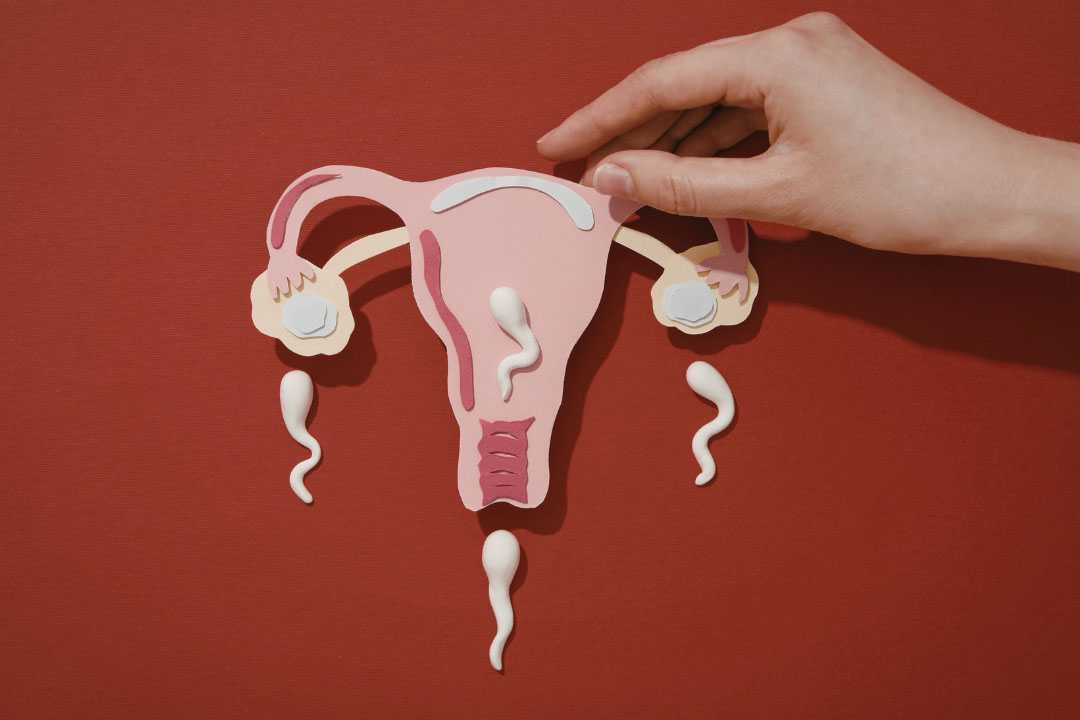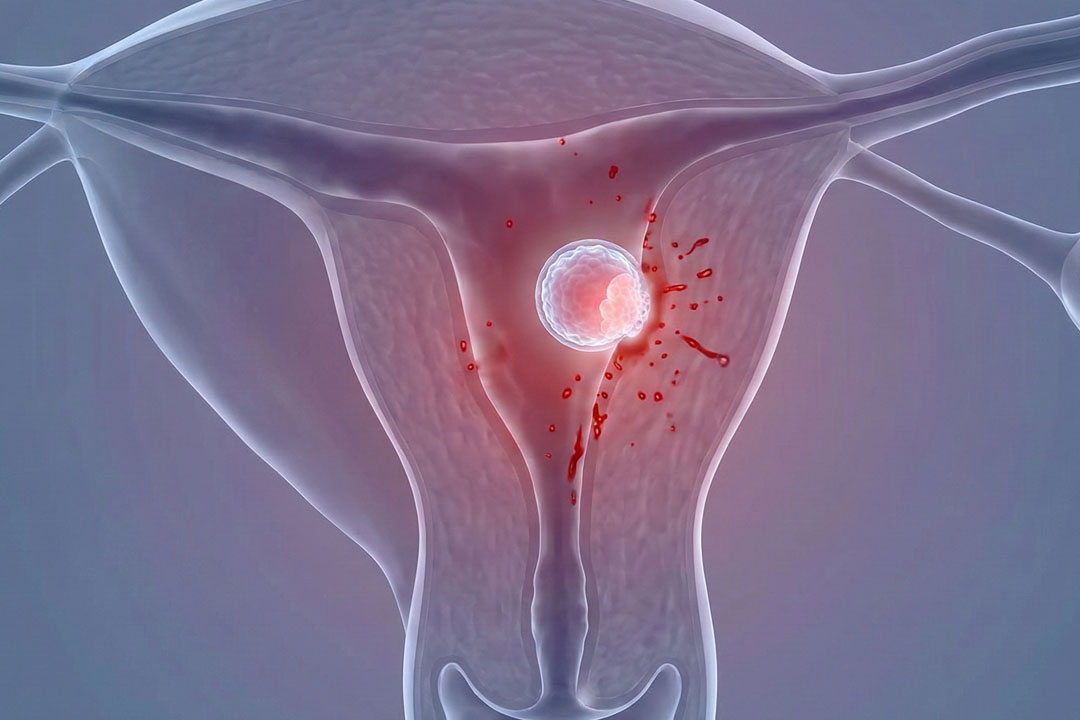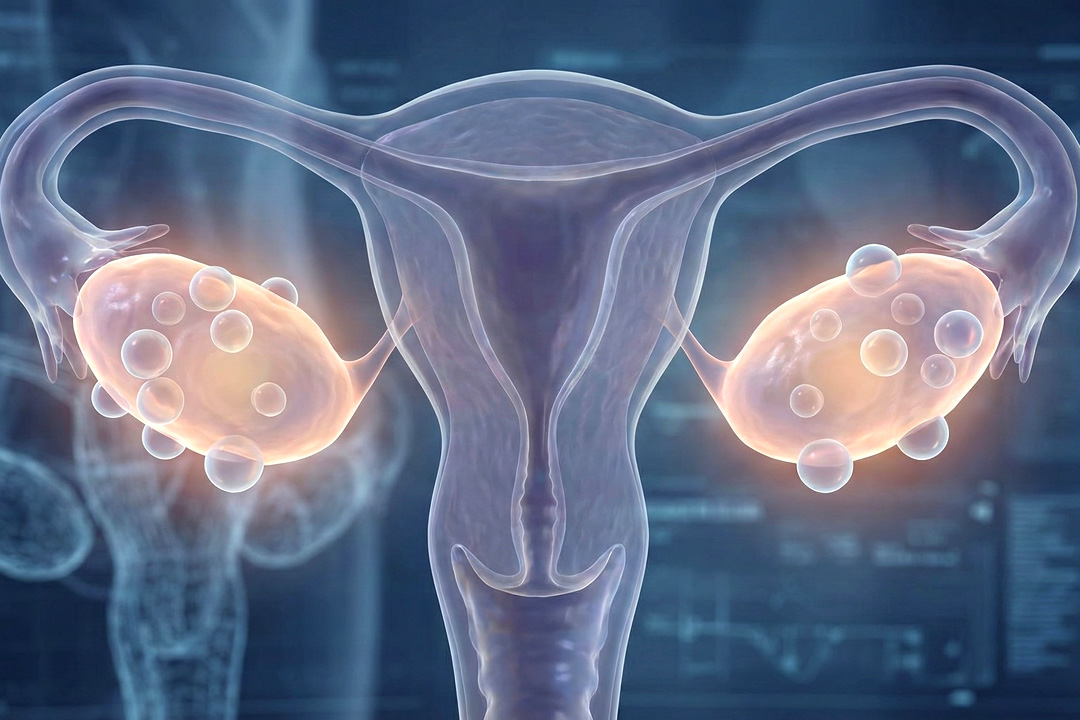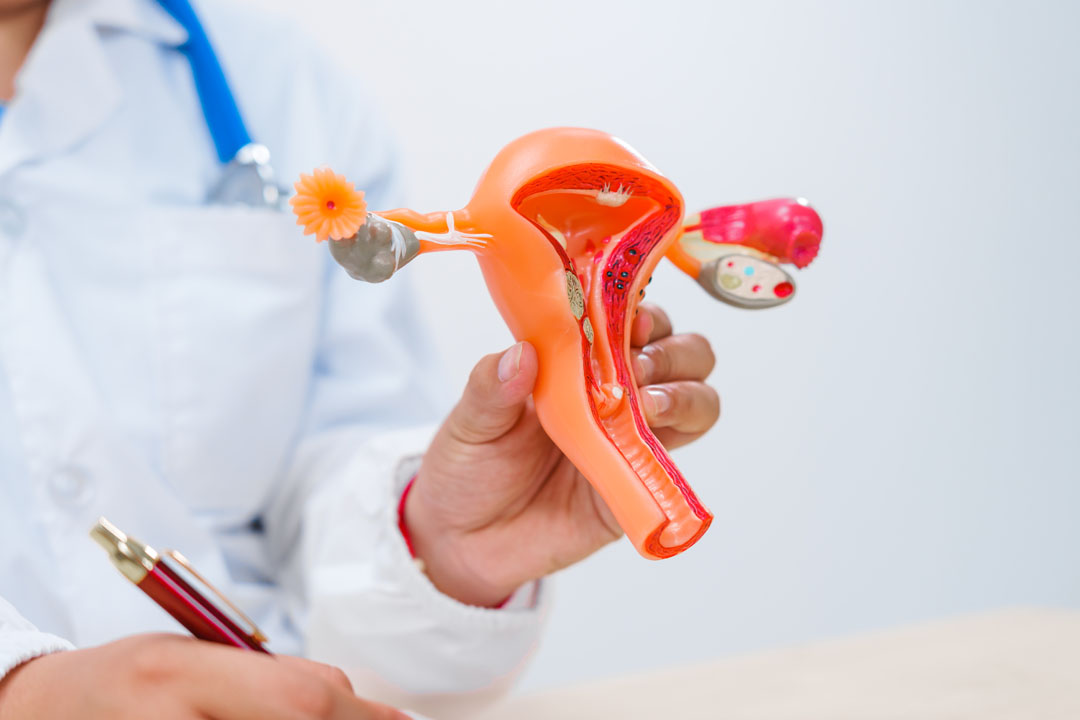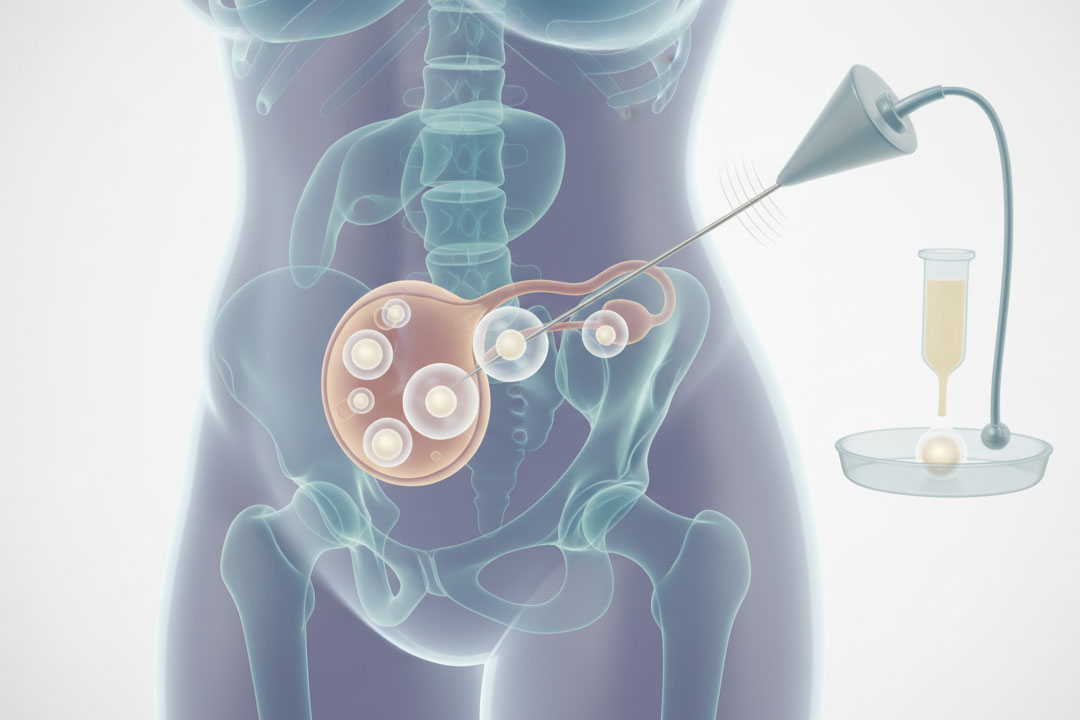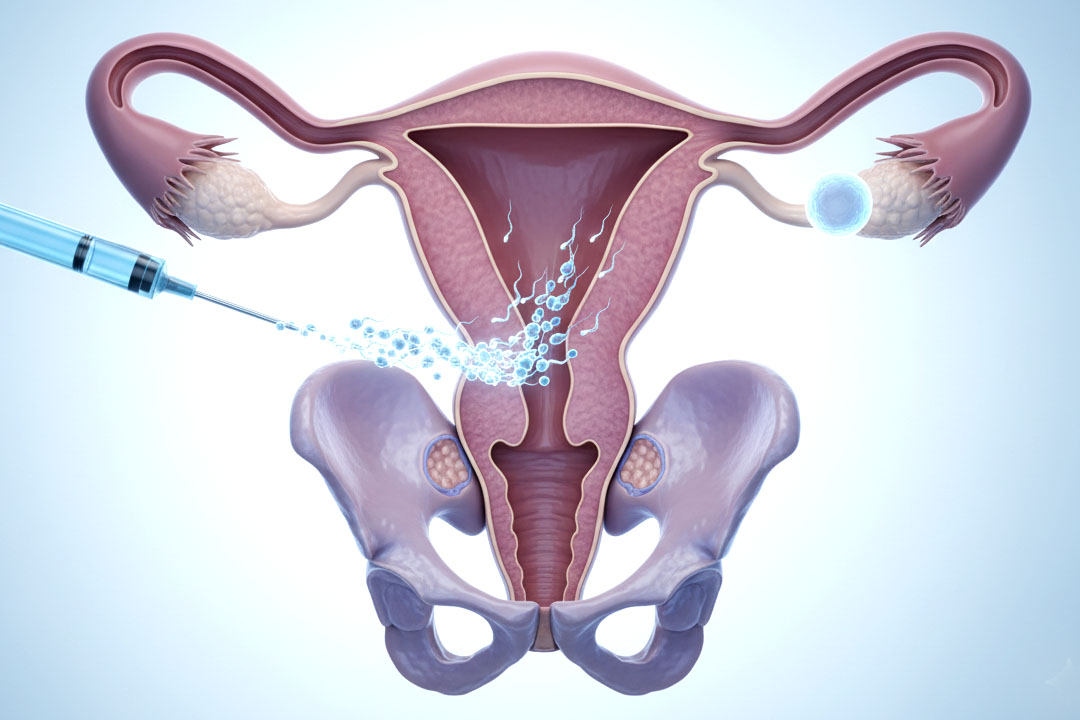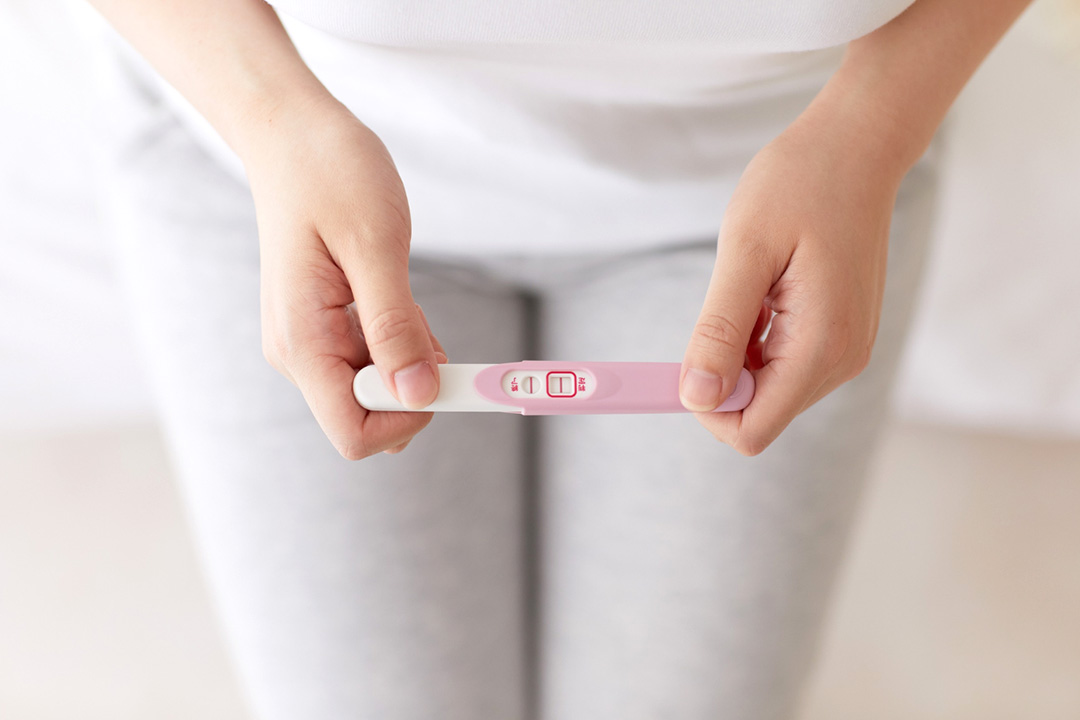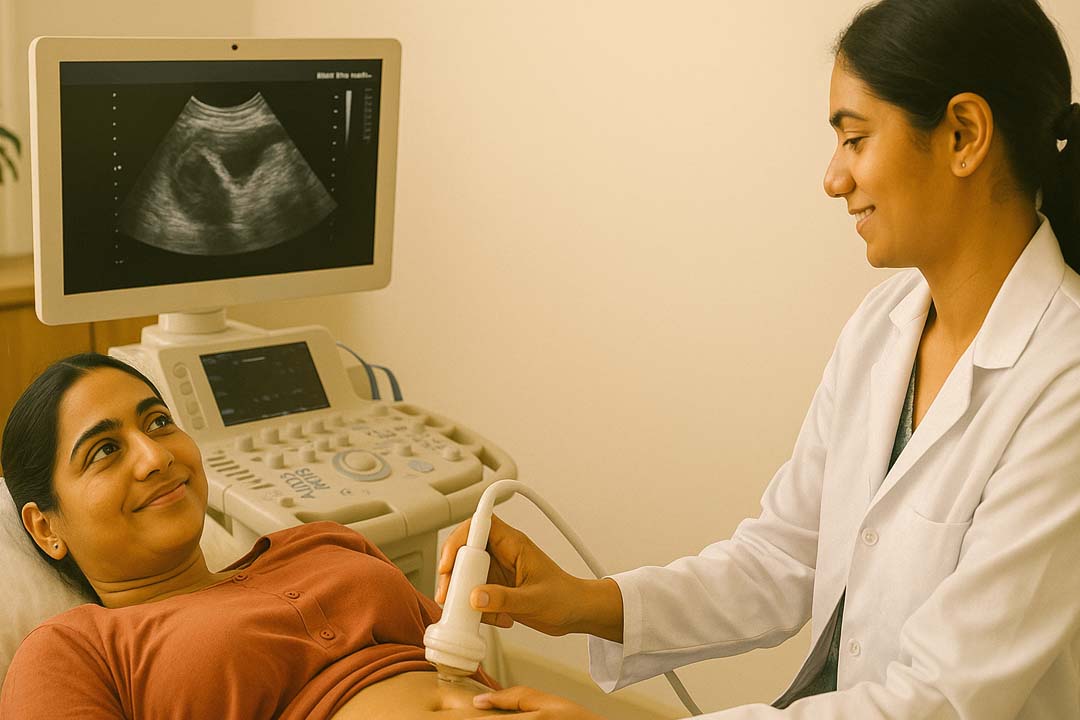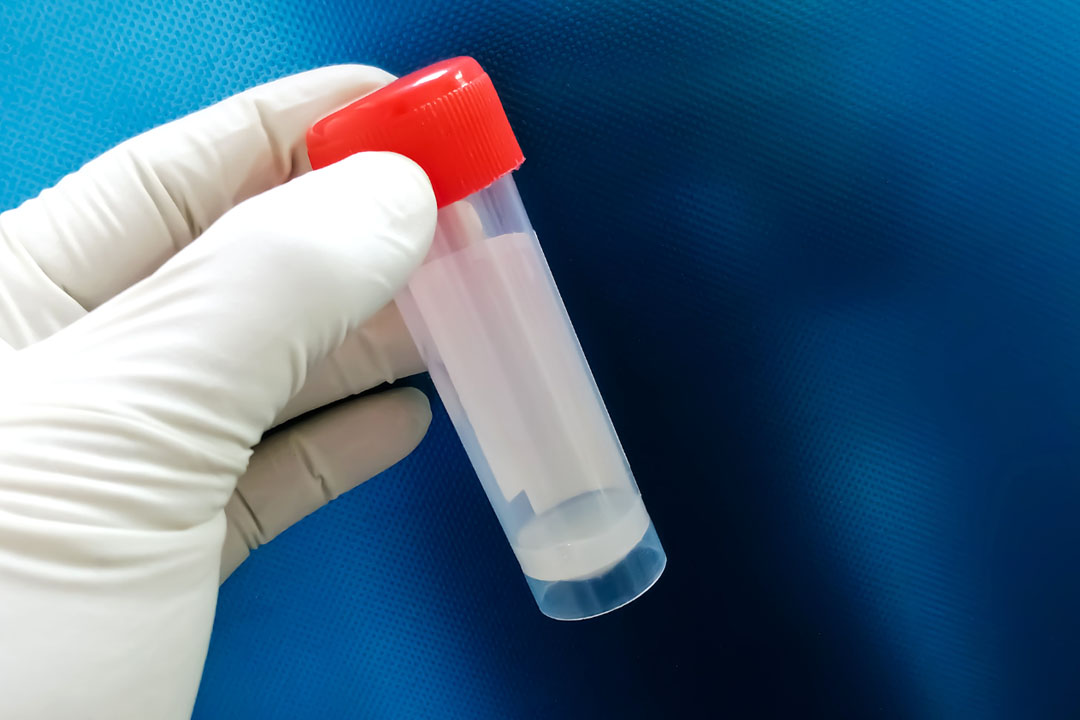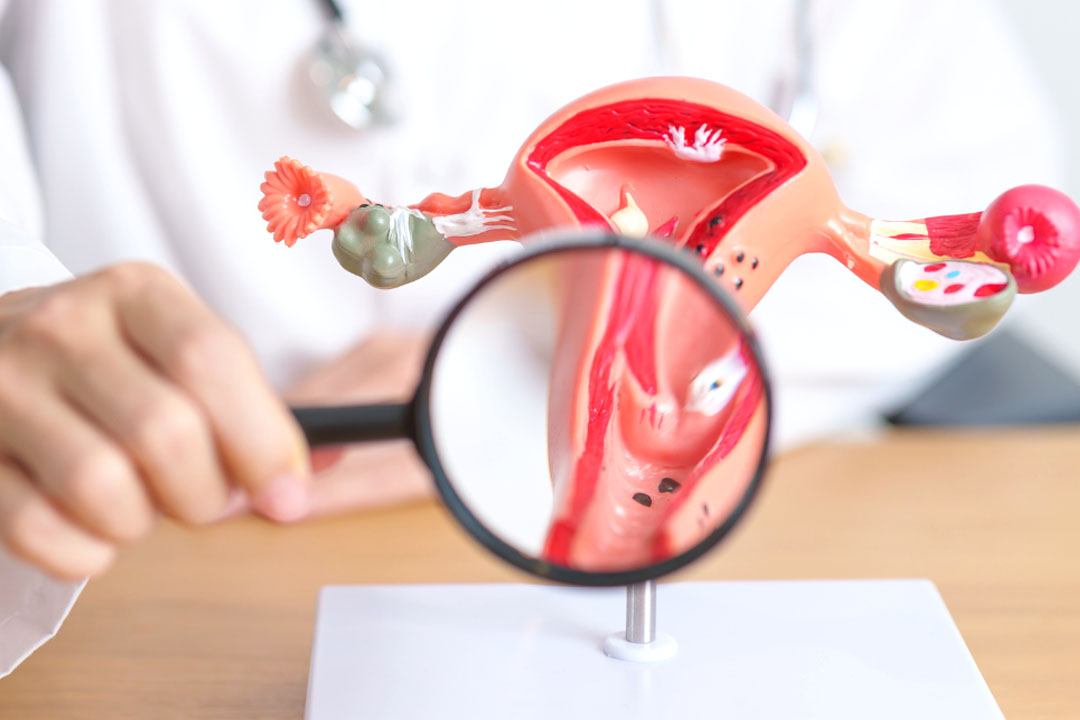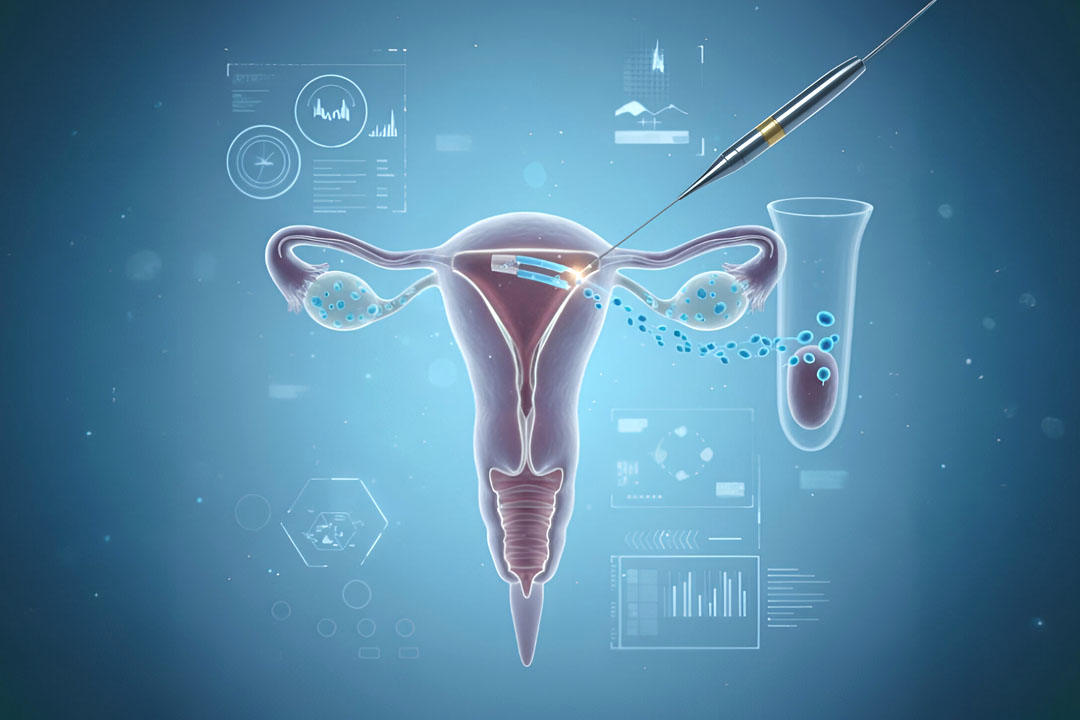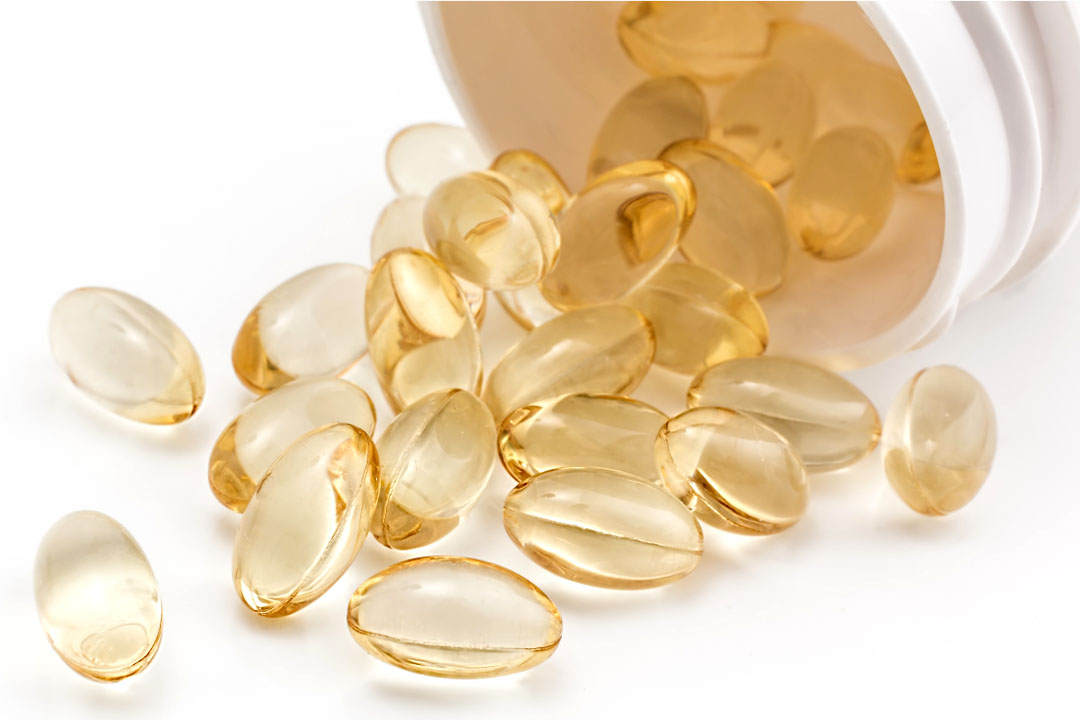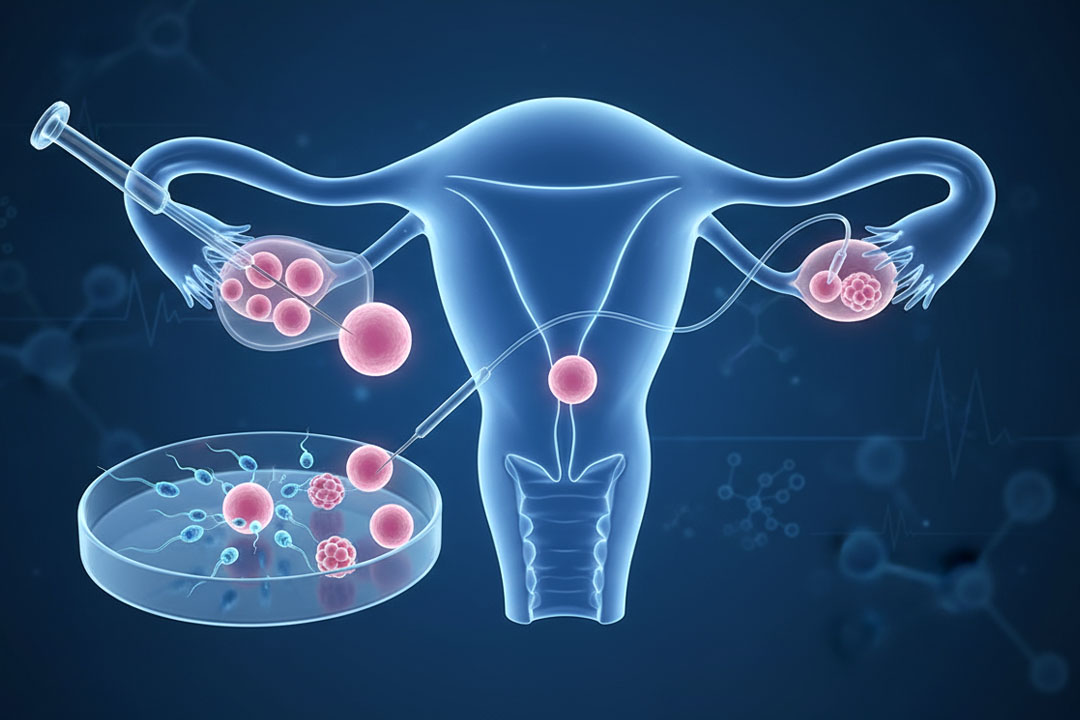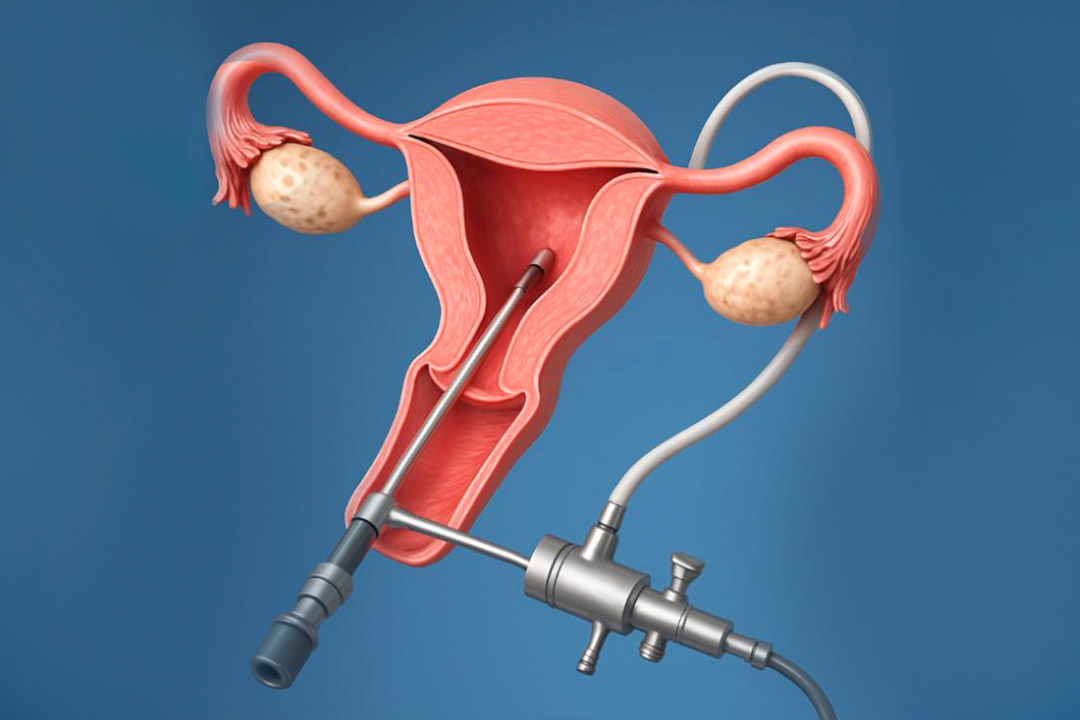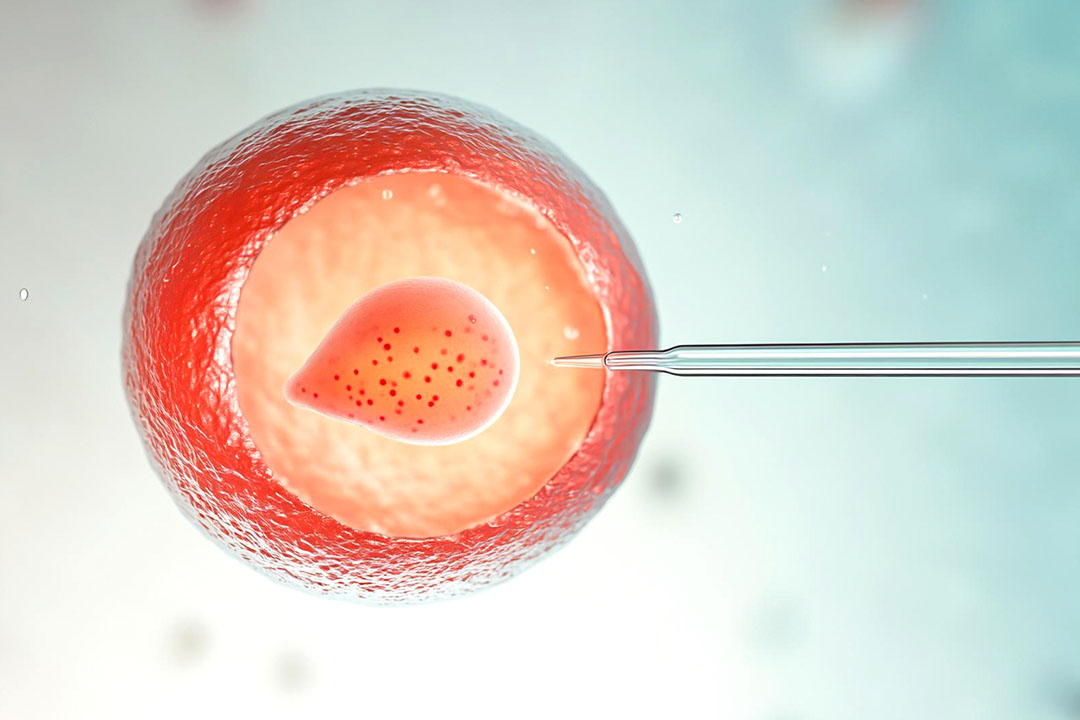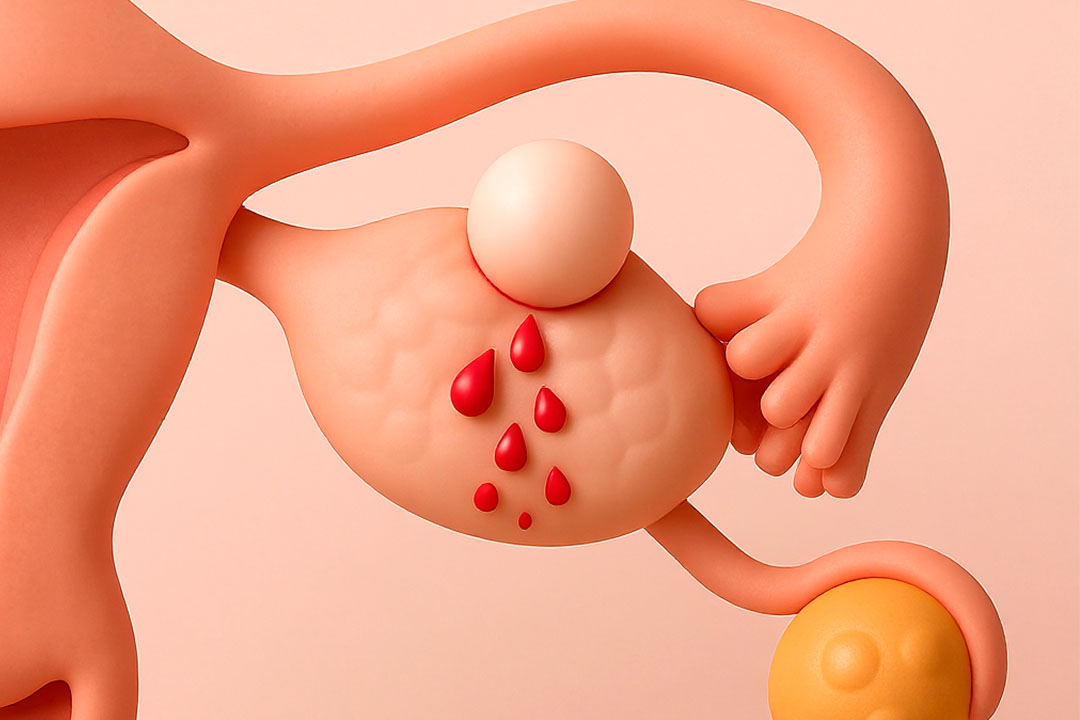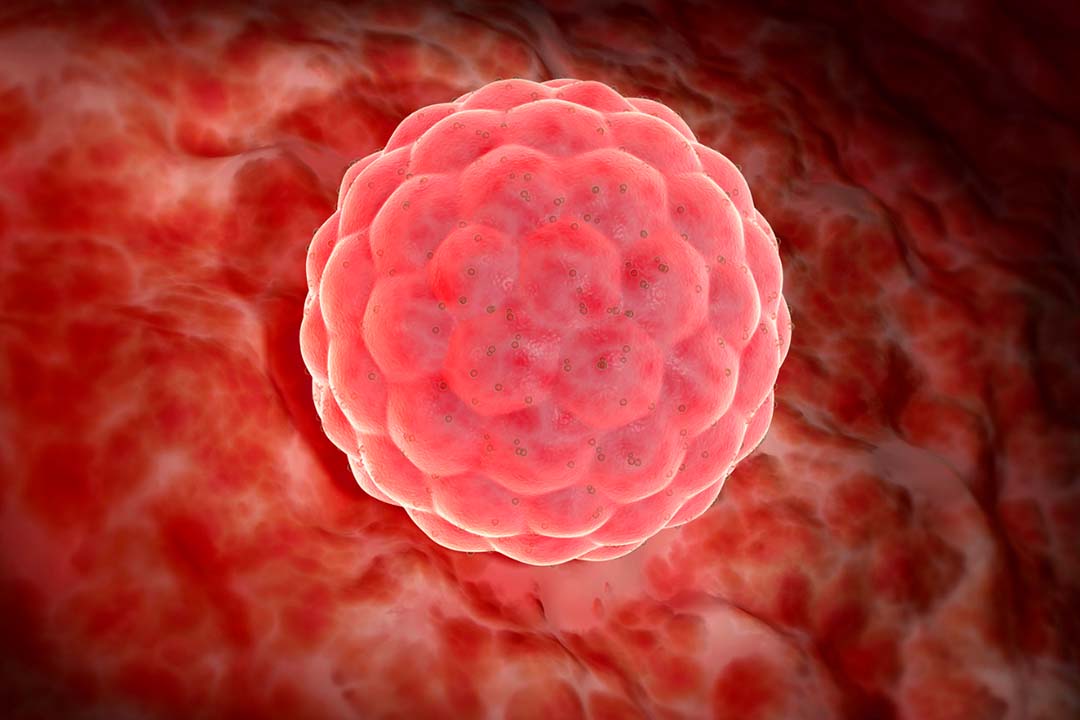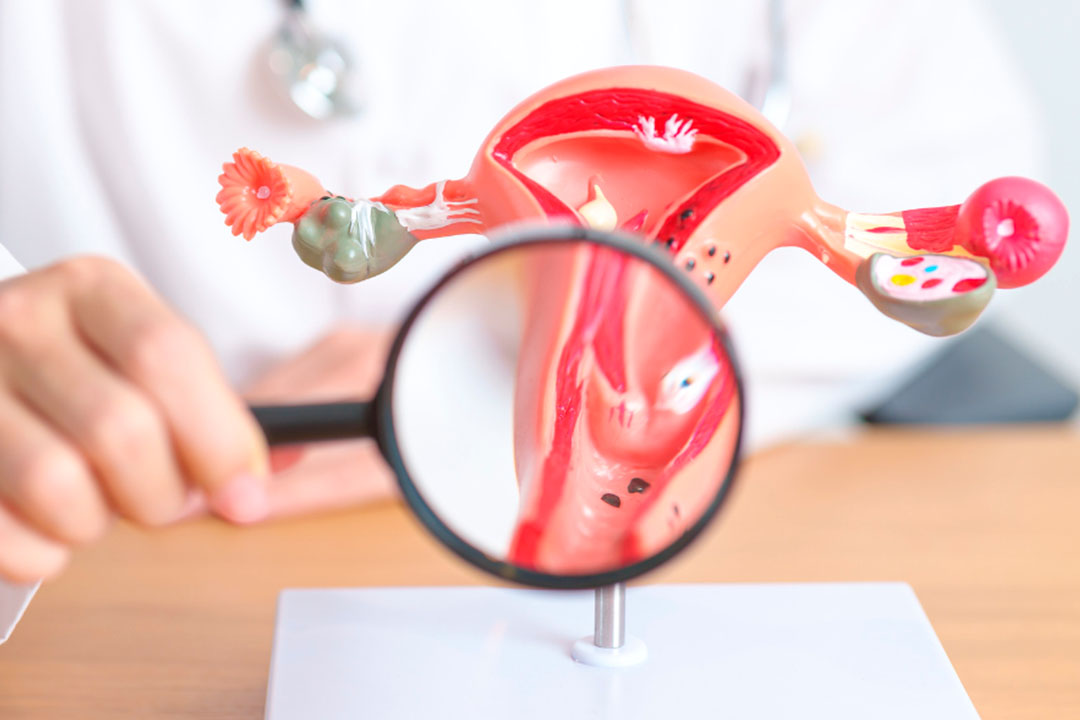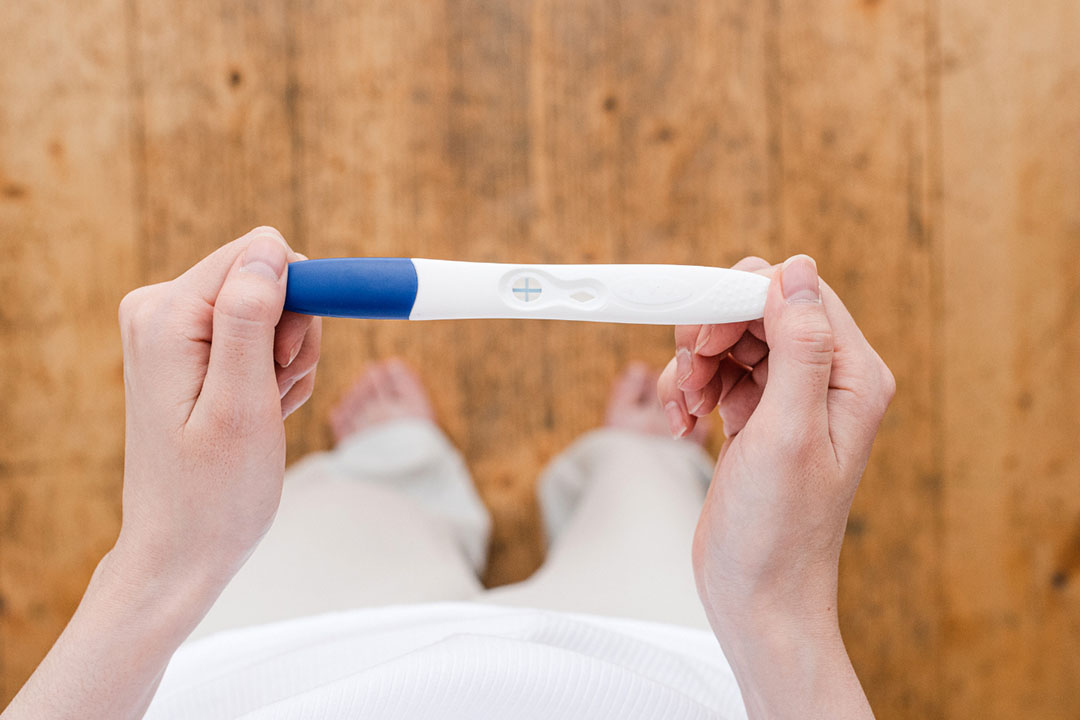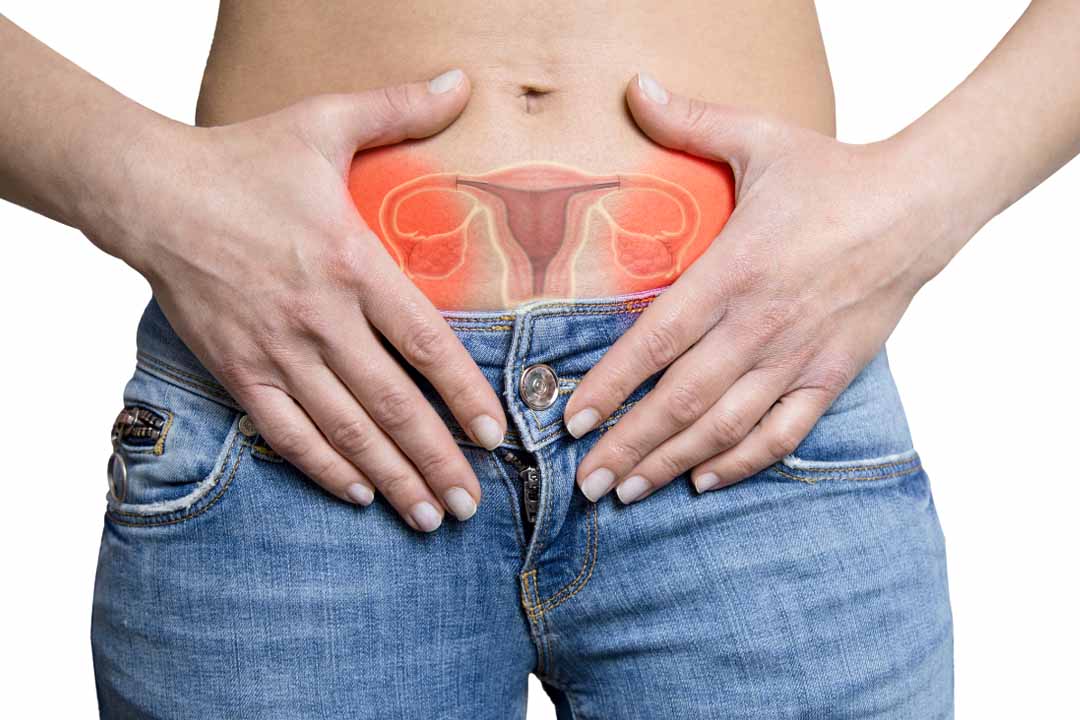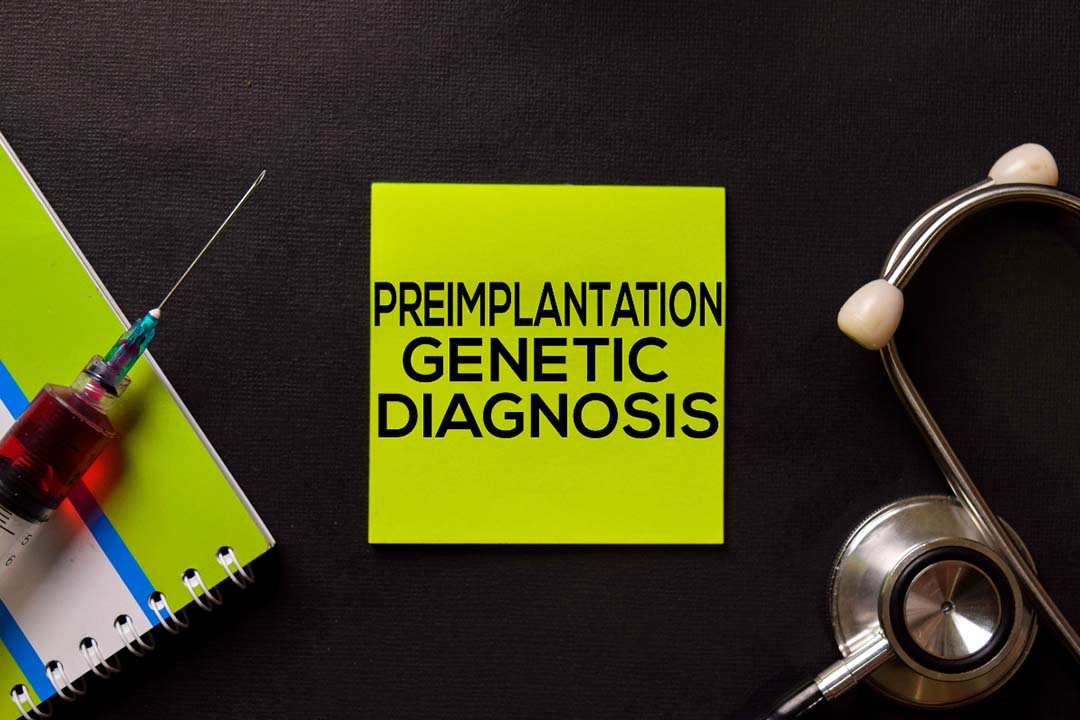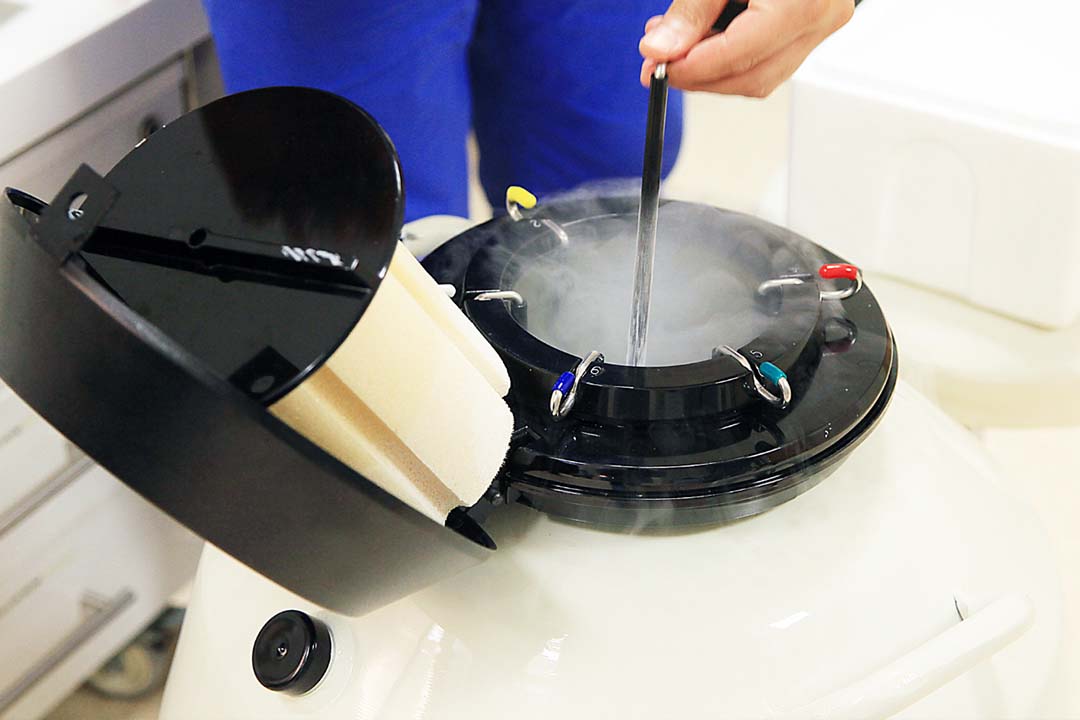What is Lean PCOS: Everything You Need to Know
Polycystic Ovary Syndrome (PCOS) is a hormonal condition that affects millions of women around the world. It often leads to issues with menstruation, fertility, and overall metabolic health.
While many people associate PCOS with weight gain and obesity, there’s a lesser-known form of this condition known as lean PCOS.
As the name suggests, lean PCOS affects individuals who are not overweight, they have a normal or even low Body Mass Index (BMI), yet they still experience the classic symptoms of PCOS.
This article explores what lean PCOS is, how it differs from other types of PCOS, the symptoms to watch out for, how it affects fertility and egg quality, and the best ways to manage it through lifestyle and medical care.
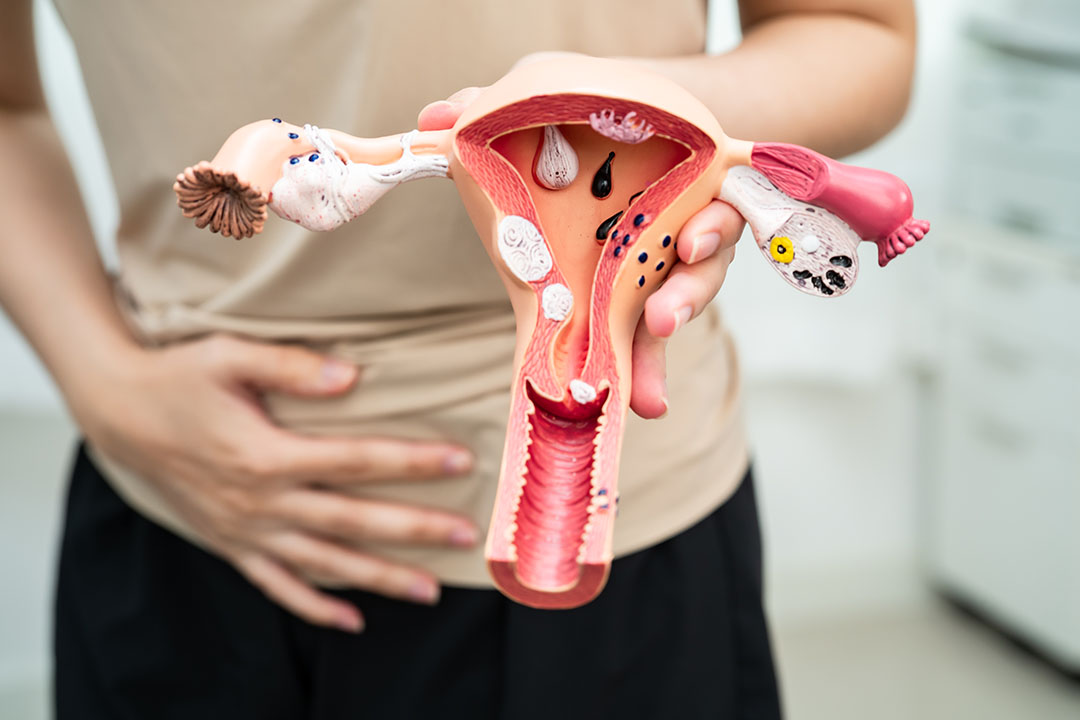
What is Lean PCOS?
Lean PCOS is a type of PCOS that occurs in individuals with a BMI of 25 or less. This falls within the “normal” weight range, which is why the condition can often be overlooked or misdiagnosed.
Even when the weight is in the normal range, people with lean PCOS can still experience the hormonal imbalances, ovulatory dysfunction, and metabolic issues that are associated with the syndrome.
While the general features of PCOS such as irregular periods, elevated levels of male hormones, and ovarian cysts remain the same, the underlying causes and outward symptoms can look slightly different in lean individuals.
Symptoms of Lean PCOS
The symptoms of lean PCOS often remain the same as those found in other forms of the condition. However, due to the absence of obesity, these signs may not be immediately recognized as PCOS-related.
Some common lean PCOS symptoms include:
- Irregular or missed periods. Ovulatory cycles are often disrupted.
- Acne and oily skin, especially noticeable around the jawline and chin.
- Hirsutism is unwanted hair growth on the face, chest, or back due to excess androgens.
- Thinning hair is particularly noticeable around the crown of the head.
- Difficulty conceiving due to irregular ovulation.
- Mood disturbances like Anxiety and depression are common.
- Skin darkening and tags are often found around the neck and underarms.
- Fatigue and low energy is often tied to underlying insulin resistance.
What makes lean PCOS tricky is that these symptoms may appear mild or be attributed to stress, lifestyle, or adolescence, especially in younger individuals.
How is Lean PCOS Different from Regular PCOS?
The biggest difference between lean PCOS and the more commonly discussed form lies in body composition. In individuals with obesity-related PCOS, excess body fat tends to increase insulin resistance and hormonal imbalances.
In lean individuals, the symptoms occur without this added metabolic stress, which makes the condition harder to spot.
Interestingly, many people with lean PCOS still have visceral fat, which is fat stored around the organs and isn’t always visible from the outside. This type of fat plays a significant role in insulin resistance, a key feature in PCOS, regardless of weight.
Another key distinction is that insulin resistance may be present to a lesser degree in lean PCOS, but it still exists.
In fact, studies have shown that around 80% of people with lean PCOS show signs of insulin resistance, compared to over 90% of those with obesity-related PCOS. This challenges the assumption that only overweight individuals are at risk.
Causes and Risk Factors
The exact cause of lean PCOS, like all types of PCOS, is still not completely understood. However, it’s believed to result from a combination of genetic, hormonal, and environmental factors.
- Genetic predisposition
- Abnormalities in insulin processing
- Overproduction of androgens
- Chronic inflammation
- Stress or adrenal hormone imbalance
These factors can create a feedback loop where hormonal imbalances trigger insulin resistance and vice versa, regardless of one’s weight.
Diagnosis of Lean PCOS
Diagnosis usually follows the Rotterdam criteria, which requires the presence of at least two of the following three conditions:
- Irregular or absent menstrual cycles
- Elevated androgen levels (either through blood tests or physical symptoms like acne and excess hair)
- Polycystic ovaries visible on ultrasound
Lean PCOS is more difficult to diagnose because its symptoms may not be as obvious. A person might have regular weight, clear skin, or no visible cysts but still suffer from hormonal imbalances and ovulatory dysfunction.
Doctors often have to rule out other conditions, like thyroid disorders or adrenal issues, before confirming a PCOS diagnosis.
How Does Lean PCOS Affect Fertility?
PCOS is one of the leading causes of infertility, and this includes those with lean PCOS. Since the condition can interfere with regular ovulation, it becomes harder to predict fertile windows or even know if ovulation is happening at all.
Lean PCOS and pregnancy can be a frustrating journey, as individuals may look healthy outwardly but still struggle with conception.
The good news is that with proper management, many people with lean PCOS go on to have healthy pregnancies, either naturally or with some medical assistance.
Lean PCOS and Egg Quality
Hormonal imbalances and insulin resistance can affect egg quality, regardless of weight. High levels of insulin and androgens can affect ovarian function and the environment in which eggs develop. Poor egg quality can reduce fertility and may increase the risk of miscarriage.
Improving egg quality in lean PCOS generally involves managing insulin levels, reducing inflammation, and promoting regular ovulation through diet, supplements, or medication.
Treatment of Lean PCOS
There is no one-size-fits-all treatment for lean PCOS. Managing the condition typically involves a combination of lifestyle changes and, when needed, medication.
The aim is to restore hormonal balance, regulate menstrual cycles, improve fertility, and reduce the risk of long-term complications like diabetes or cardiovascular disease.
1. Diet for Lean PCOS
People with lean PCOS may not need to lose weight, but diet still plays a crucial role. A lean PCOS diet focuses on improving insulin sensitivity and reducing inflammation.
Key dietary principles include:
- Eating complex carbohydrates like whole grains, oats, legumes, and vegetables
- Including healthy fats such as avocado, nuts, seeds, and olive oil
- Choosing lean protein sources like chicken, fish, tofu, and lentils
- Avoiding refined sugar, white bread, and processed foods
- Eating regularly to stabilize blood sugar levels
A well-balanced, nutrient-rich diet helps regulate hormones, manage blood sugar, and support ovulation.
2. Exercise and Physical Activity
Regular physical activity improves insulin sensitivity and helps regulate menstrual cycles, even in individuals who are not trying to lose weight.
Recommended activities include:
- Cardio exercises like brisk walking, swimming, or cycling
- Strength training to improve muscle mass and metabolic function
- Yoga and mindfulness to reduce stress and improve hormonal balance
Exercise not only helps with the physical symptoms of lean PCOS but also supports emotional and mental health.
3. Medical
Treatment If lifestyle changes alone are not effective, doctors may prescribe medications based on the symptoms:
- Oral contraceptives to regulate periods and reduce androgen levels
- Metformin, a diabetes medication that improves insulin sensitivity
- Anti-androgens to reduce hair growth and acne
- Ovulation-inducing medications for those trying to conceive
In some cases, individuals may also undergo assisted reproductive technologies (ART) like IVF if fertility does not improve with other interventions.
Lean PCOS and Mental Health
PCOS is not just a physical condition. The symptoms ranging from infertility to acne can significantly affect self-esteem and mental wellbeing.
Studies have shown that individuals with PCOS are more prone to anxiety, depression, and body image concerns, even if they are not overweight.
Taking care of emotional health is just as important as managing hormones or insulin levels. Support groups, therapy, and mindfulness practices can help manage the psychological toll of lean PCOS.
Complications of Untreated Lean PCOS
Just because someone is not overweight doesn’t mean they are safe from complications. Untreated lean PCOS can lead to a variety of long-term health concerns, including:
- Type 2 diabetes
- Infertility
- Metabolic syndrome
- Endometrial cancer
- Chronic inflammation
- Cardiovascular risk
That’s why early diagnosis and consistent management are crucial, even when symptoms seem mild or body weight is not an issue.
Is Lean PCOS Rare?
Lean PCOS is less common than the typical form associated with obesity. Around 20% of PCOS cases are classified as lean, which means one in five individuals with PCOS falls into this category.
Although it’s less discussed, lean PCOS deserves equal attention, especially given how often it goes undiagnosed.
Can Lean PCOS Be Reversed?
While PCOS isn’t considered “curable,” it can be effectively managed, and in some cases, the symptoms can be reversed or significantly reduced.
Early intervention, lifestyle changes, and the right medical support can lead to regular cycles, improved fertility, and balanced hormone levels.
Some individuals with lean PCOS even find that their cycles normalize completely over time with consistent care.
Conclusion
Lean PCOS is real, complex, and often misunderstood. Just because someone doesn’t fit the typical profile of PCOS doesn’t mean they’re not affected by the condition.
If you experience symptoms like irregular periods, acne, or difficulty conceiving—regardless of your weight—it’s important to consult a healthcare provider.
The key to managing lean PCOS lies in understanding your body, making sustainable lifestyle choices, and seeking the right medical support.
With the right tools and information, individuals with lean PCOS can lead healthy, balanced lives—and even improve their chances of conception if desired.
About Us
AKsigen IVF is a premier center for advanced fertility treatments, with renowned fertility experts on our team. Specializing in IVF, ICSI, egg freezing, and other cutting-edge reproductive technologies, AKsigen IVF is committed to helping couples achieve their dream of parenthood. With personalized care and a patient-first approach, AKsigen IVF provides comprehensive fertility solutions under one roof.









